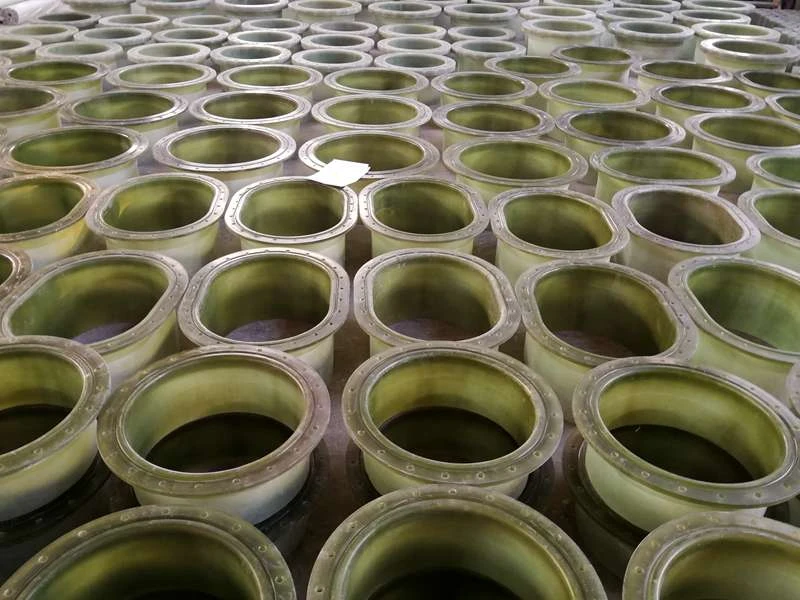
-
 Afrikaans
Afrikaans -
 Albanian
Albanian -
 Amharic
Amharic -
 Arabic
Arabic -
 Armenian
Armenian -
 Azerbaijani
Azerbaijani -
 Basque
Basque -
 Belarusian
Belarusian -
 Bengali
Bengali -
 Bosnian
Bosnian -
 Bulgarian
Bulgarian -
 Catalan
Catalan -
 Cebuano
Cebuano -
 China
China -
 China (Taiwan)
China (Taiwan) -
 Corsican
Corsican -
 Croatian
Croatian -
 Czech
Czech -
 Danish
Danish -
 Dutch
Dutch -
 English
English -
 Esperanto
Esperanto -
 Estonian
Estonian -
 Finnish
Finnish -
 French
French -
 Frisian
Frisian -
 Galician
Galician -
 Georgian
Georgian -
 German
German -
 Greek
Greek -
 Gujarati
Gujarati -
 Haitian Creole
Haitian Creole -
 hausa
hausa -
 hawaiian
hawaiian -
 Hebrew
Hebrew -
 Hindi
Hindi -
 Miao
Miao -
 Hungarian
Hungarian -
 Icelandic
Icelandic -
 igbo
igbo -
 Indonesian
Indonesian -
 irish
irish -
 Italian
Italian -
 Japanese
Japanese -
 Javanese
Javanese -
 Kannada
Kannada -
 kazakh
kazakh -
 Khmer
Khmer -
 Rwandese
Rwandese -
 Korean
Korean -
 Kurdish
Kurdish -
 Kyrgyz
Kyrgyz -
 Lao
Lao -
 Latin
Latin -
 Latvian
Latvian -
 Lithuanian
Lithuanian -
 Luxembourgish
Luxembourgish -
 Macedonian
Macedonian -
 Malgashi
Malgashi -
 Malay
Malay -
 Malayalam
Malayalam -
 Maltese
Maltese -
 Maori
Maori -
 Marathi
Marathi -
 Mongolian
Mongolian -
 Myanmar
Myanmar -
 Nepali
Nepali -
 Norwegian
Norwegian -
 Norwegian
Norwegian -
 Occitan
Occitan -
 Pashto
Pashto -
 Persian
Persian -
 Polish
Polish -
 Portuguese
Portuguese -
 Punjabi
Punjabi -
 Romanian
Romanian -
 Russian
Russian -
 Samoan
Samoan -
 Scottish Gaelic
Scottish Gaelic -
 Serbian
Serbian -
 Sesotho
Sesotho -
 Shona
Shona -
 Sindhi
Sindhi -
 Sinhala
Sinhala -
 Slovak
Slovak -
 Slovenian
Slovenian -
 Somali
Somali -
 Spanish
Spanish -
 Sundanese
Sundanese -
 Swahili
Swahili -
 Swedish
Swedish -
 Tagalog
Tagalog -
 Tajik
Tajik -
 Tamil
Tamil -
 Tatar
Tatar -
 Telugu
Telugu -
 Thai
Thai -
 Turkish
Turkish -
 Turkmen
Turkmen -
 Ukrainian
Ukrainian -
 Urdu
Urdu -
 Uighur
Uighur -
 Uzbek
Uzbek -
 Vietnamese
Vietnamese -
 Welsh
Welsh -
 Bantu
Bantu -
 Yiddish
Yiddish -
 Yoruba
Yoruba -
 Zulu
Zulu
frp customized product
The Rise of Customized FRP Products Tailoring Solutions to Meet Unique Needs
In the ever-evolving world of manufacturing and materials science, the demand for customized products is skyrocketing. Among various materials, Fiber Reinforced Polymer (FRP) has emerged as a significant player due to its unique properties such as high strength-to-weight ratio, corrosion resistance, and versatility. As industries strive to optimize performance and efficiency, customized FRP products are becoming an essential component for many applications.
FRP composites are constructed by combining a polymer matrix with reinforcing fibers, typically glass, carbon, or aramid. This combination results in materials that not only outperform traditional options like metals and plastics in specific applications but also allow for design flexibility. However, the real game-changer lies in the customization of these products, enabling manufacturers and consumers to create tailored solutions that meet precise specifications and demands.
The Rise of Customized FRP Products Tailoring Solutions to Meet Unique Needs
Similarly, in the automotive and aerospace sectors, lightweight materials are critical for improving fuel efficiency and performance. Customized FRP components can be designed to fit specific design criteria, allowing manufacturers to reduce weight without compromising durability or safety. This level of personalization not only enhances the functionality of vehicles and aircraft but also contributes to sustainability efforts by improving fuel economy and reducing emissions.
frp customized product

Moreover, the electrical and electronics industries are also reaping the benefits of customized FRP products. With the rise of smart technology and the Internet of Things (IoT), there is a growing need for housing and protective casings that can accommodate various sensors and components. Custom FRP enclosures can be engineered to meet specific requirements, such as electrical insulation, environmental resistance, and aesthetic considerations.
Furthermore, the customization process can be enhanced through advanced manufacturing techniques such as 3D printing and computer-aided design (CAD). These technologies allow for rapid prototyping and efficient production of bespoke FRP solutions, reducing lead times and costs associated with traditional manufacturing methods. As a result, customers can achieve their desired outcomes more quickly and effectively, making tailored FRP products more accessible than ever.
The increasing popularity of customized FRP products also reflects a broader trend towards personalization in the marketplace. Consumers are no longer satisfied with one-size-fits-all solutions; they are seeking products that cater specifically to their needs and preferences. This shift is evident not only in industrial applications but also in consumer goods, where customized options are becoming the norm.
In conclusion, the rise of customized FRP products is reshaping various industries by delivering tailored solutions that enhance performance, efficiency, and sustainability. As technology continues to advance and the demand for personalized solutions grows, FRP will undoubtedly play an even more critical role in the future of manufacturing. By embracing customization, businesses can better meet the diverse needs of their clients while positioning themselves for success in an increasingly competitive market.
Latest news
-
Exploring the Benefits of Top Hammer Drifter Rods for Enhanced Drilling PerformanceNewsJun.10,2025
-
High-Precision Fiberglass Winding Machine for GRP/FRP Pipe Production – Reliable & Efficient SolutionsNewsJun.10,2025
-
FRP Pipes & Fittings for Shipbuilding - Corrosion-Resistant & LightweightNewsJun.09,2025
-
Premium FRP Flooring Solutions Durable & Slip-ResistantNewsJun.09,2025
-
Premium Fiberglass Rectangular Tanks Durable & Lightweight SolutionNewsJun.09,2025
-
Tapered Drill String Design Guide Durable Performance & UsesNewsJun.09,2025









